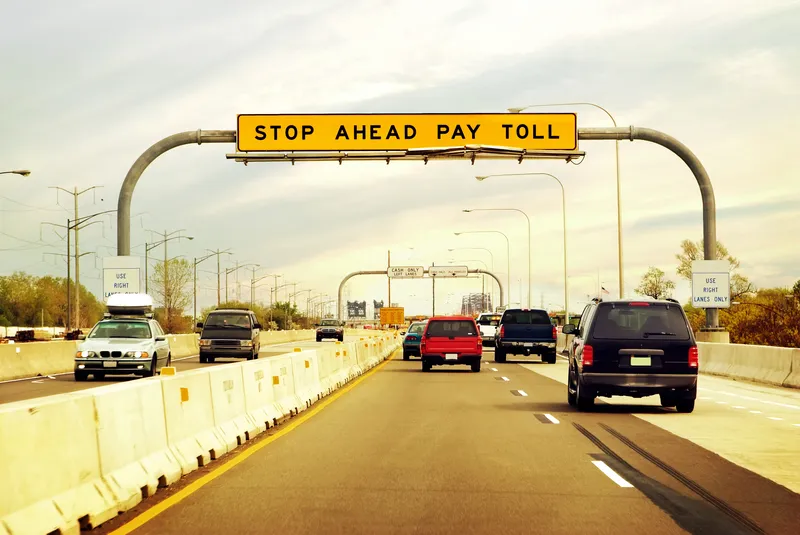Increasing congestion on US highways and roads is driving almost three in four (72 per cent) Americans to support using tolls to pay for critical or needed transportation infrastructure projects if there are insufficient funds from other sources, according to the latest America THINKS national public opinion survey by
The survey, Tolling 2016, conducted by Kelton Global ,also found that nearly seven in 10 (69 per cent) Americans are willing to pay a toll over a free alternative if they knew it would save them time and avoid congestion.
HNTB’s continuing examination of Americans’ attitudes toward tolling demonstrates that increasing mobility and safety are consistent themes. A 2014 America THINKS survey found 79 per cent of Americans would support adding tolls to non-tolled facilities if it resulted in safer, congestion-free travel, and a 2013 HNTB survey found 59 per cent of those who pay tolls did so because they received faster travels times, lanes with less traffic (52 per cent) and higher-quality roads (52 per cent).
The most recent HNTB survey also found that more than three in four (77 per cent) Americans would prefer tolls and mileage-based user fees rather than higher gas taxes to pay for infrastructure needs over the next 10 years. Of this group, 45 per cent would prefer using tolls while 32 per cent would support mileage-based user fees. Only 23 per cent would like to use higher gas taxes for this purpose.
The HNTB survey found 61 per cent of Americans have driven on a tolled facility in the past year and more than four in five (81 per cent) cite at least one reason why they support tolls, including improving the safety of highways and reducing congestion or obstructions. Other reasons included adding capacity of additional lanes to improve a section of existing highway and adding transit that supports nearby rail or bus systems.
According to the survey, 19 per cent of Americans would never support tolls on existing highways.
The survey also found 43 per cent of Americans believe it is appropriate to toll new general purpose interstate highway lanes when these additional lanes are added as priced managed lanes to help reduce congestion. Twenty-nine percent support the conversion when highways must be reconstructed and 22 per cent when high-occupancy vehicle lanes are not fully utilised.
Highway congestion drives support for tolls
Increasing congestion on US highways and roads is driving almost three in four (72 per cent) Americans to support using tolls to pay for critical or needed transportation infrastructure projects if there are insufficient funds from other sources, according to the latest America THINKS national public opinion survey by HNTB Corporation. The survey polled a random nationwide sample of 1,022 Americans between 21 and 28 July 2016.
September 16, 2016
Read time: 2 mins










